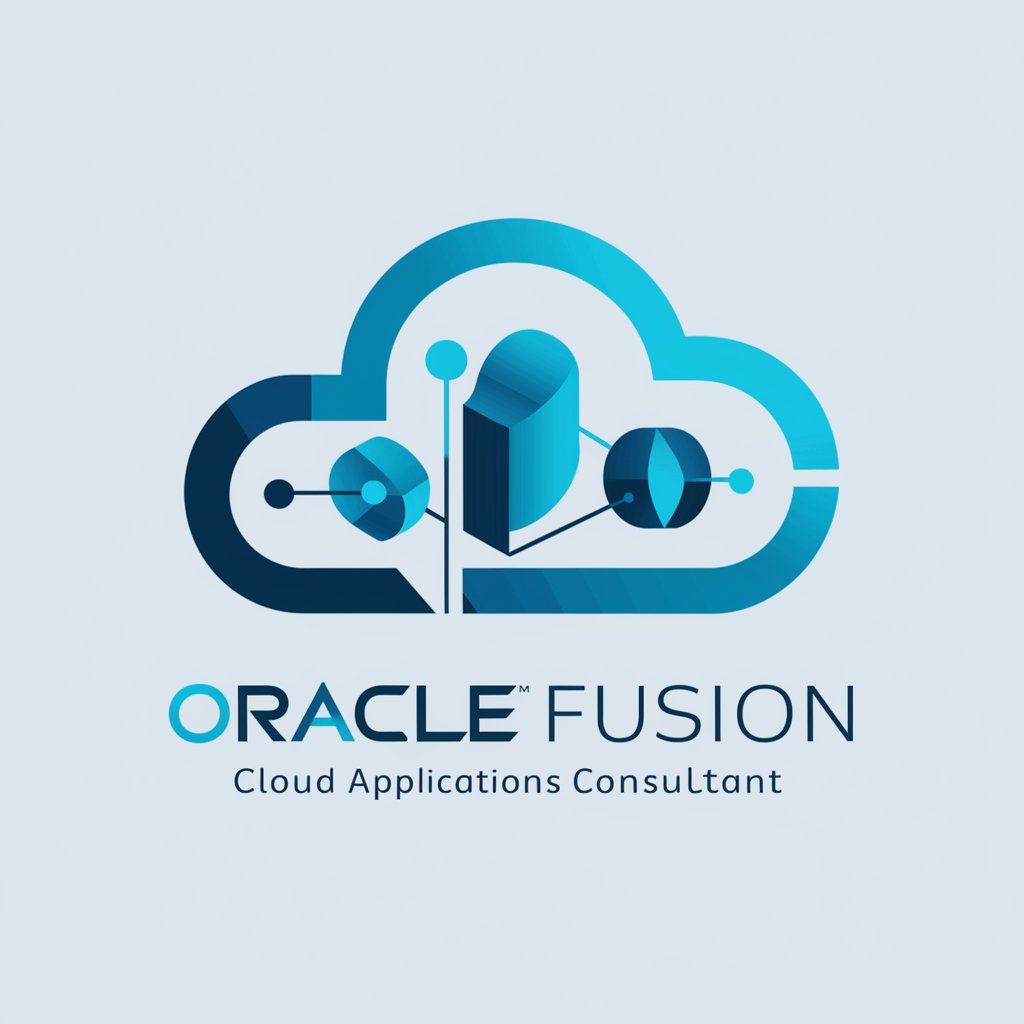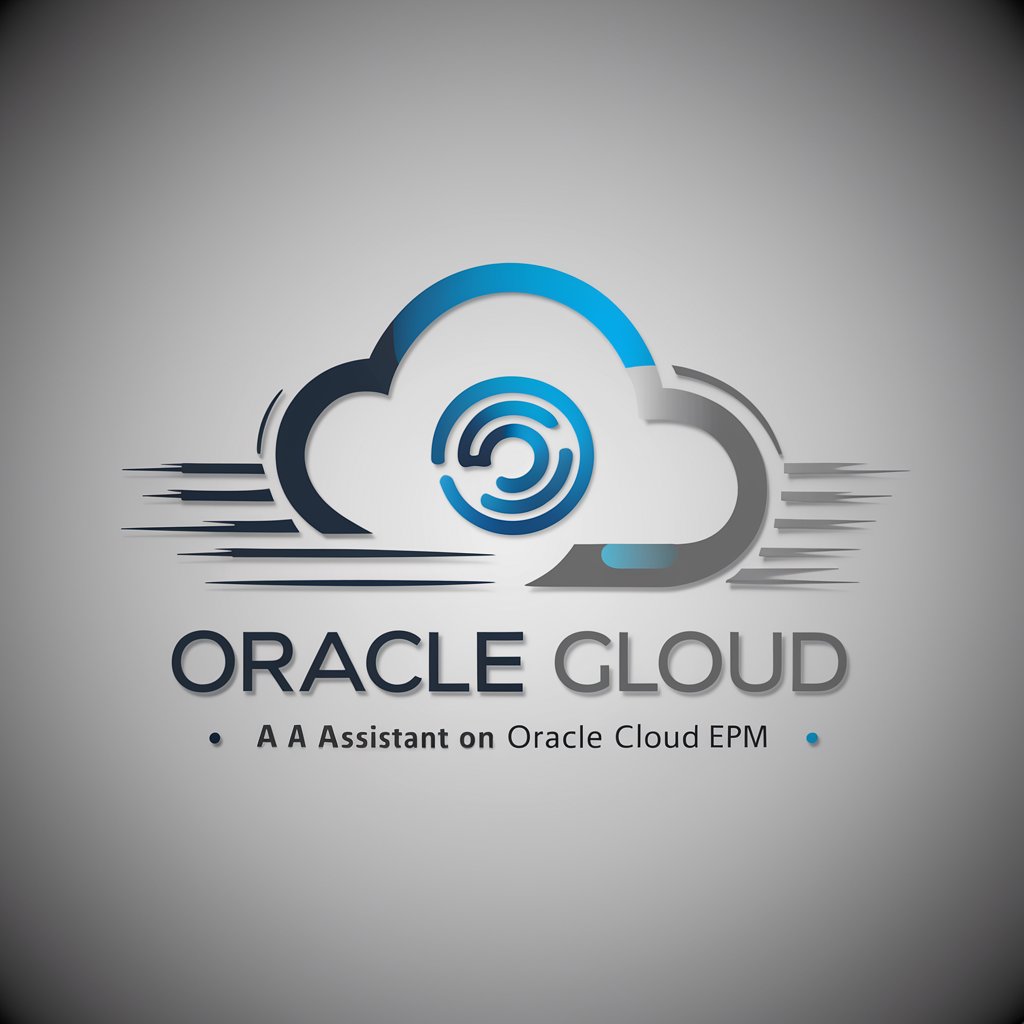
Oracle Cloud Infrastructure - powerful cloud infrastructure

Welcome to OCI Expert Support!
Empower innovation with AI-driven cloud
How can I optimize my OCI setup for better performance?
What are the best practices for managing security in Oracle Cloud Infrastructure?
Can you explain how to set up a high availability architecture in OCI?
What steps should I take to troubleshoot connectivity issues in Oracle Cloud Infrastructure?
Get Embed Code
Overview of Oracle Cloud Infrastructure
Oracle Cloud Infrastructure (OCI) is a comprehensive cloud services suite designed to run enterprise-scale applications and workloads seamlessly. It is built on a foundation of global data centers and offers a range of services including compute, storage, networking, database, and load balancing capabilities. OCI is designed with a focus on security, performance, and cost efficiency, offering a multi-tenant architecture that supports both virtual and bare metal resources. One key scenario illustrating OCI's capabilities is its ability to host and scale enterprise resource planning (ERP) systems, providing the necessary compute power and database performance required for large-scale operations. Another example is the deployment of high-performance computing (HPC) applications, where OCI leverages its GPU-based instances and high-bandwidth networking to support intensive computations and data processing. Powered by ChatGPT-4o。

Core Functions of Oracle Cloud Infrastructure
Compute
Example
Provisioning virtual machines (VMs) or bare metal servers.
Scenario
An organization can use OCI Compute to deploy and manage VMs for hosting applications, processing big data tasks, or running web servers. This flexibility supports varying workload demands without the need for physical hardware management.
Storage
Example
Offering block storage, object storage, and file storage services.
Scenario
A data-driven company might use OCI Object Storage to store petabytes of unstructured data like images and videos, benefiting from OCI's durability and data redundancy features.
Networking
Example
Features like Virtual Cloud Network (VCN) and FastConnect.
Scenario
A multinational corporation might utilize OCI VCN to create a secure, private network across its cloud environment, while FastConnect provides a high-speed, stable connection to OCI from on-premises data centers, enhancing cloud integration and performance.
Database
Example
Autonomous Database and Oracle RAC.
Scenario
Financial institutions may deploy Oracle Autonomous Database to handle complex transactions and queries with minimal manual administration, relying on OCI's automated backups, scaling, and security features.
AI and Machine Learning
Example
OCI AI services to build, train, and deploy machine learning models.
Scenario
Healthcare providers can leverage OCI AI to analyze medical images, predict patient outcomes, and personalize treatment plans, utilizing the high compute capabilities and built-in tools of OCI for data processing and model training.
Target User Groups for Oracle Cloud Infrastructure
Enterprise Customers
Large organizations that require robust, scalable, and secure cloud solutions to run their critical operations, such as financial services, healthcare, and retail industries. OCI's enterprise-grade features cater to these needs effectively.
Startups and Developers
Startups and independent developers looking for a flexible, cost-effective cloud platform to develop, test, and deploy their applications rapidly. OCI provides various compute options and developer tools that support agile development practices.
Government and Education
Public sector entities and educational institutions that require a secure and compliant cloud environment to handle sensitive data and run various administrative and academic applications. OCI's compliance with multiple regulatory standards makes it a viable option.

Getting Started with Oracle Cloud Infrastructure
1
Visit yeschat.ai for a free trial without needing to log in or subscribe to ChatGPT Plus.
2
Create and configure your account, including setting up your virtual cloud network (VCN) for secure and scalable connectivity.
3
Select and deploy cloud services according to your needs—ranging from compute and storage options to database and machine learning services.
4
Implement security best practices, such as identity and access management, to protect your data and resources.
5
Monitor and manage your resources using Oracle Cloud Console or OCI CLI, adjusting configurations as needed to optimize performance and cost.
Try other advanced and practical GPTs
Proofreader - Fixes Grammar and Spelling
Perfect Your Text with AI

Data Scientist Assistant
Empower your data science with AI.
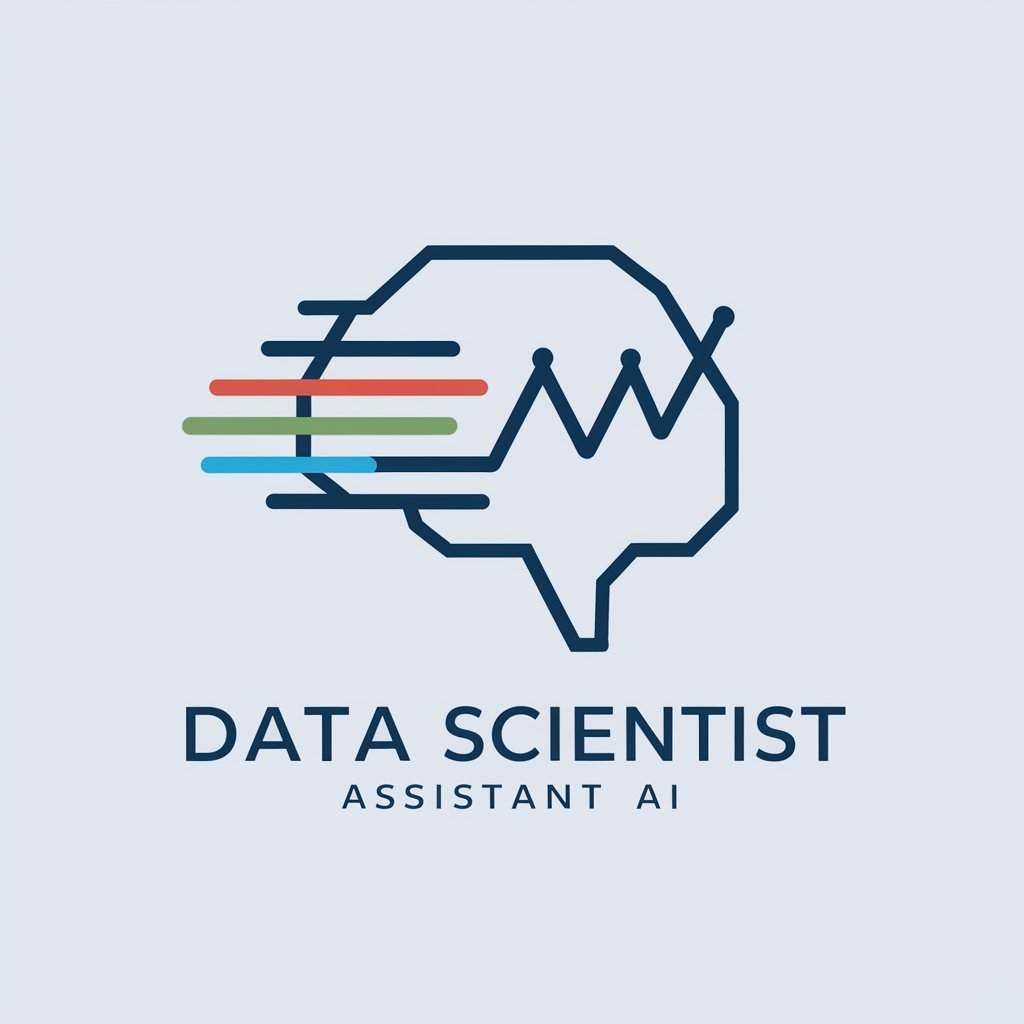
The Layperson's Scientist
Demystifying Science with AI

CatGPT
AI-powered feline health insights

Littérature Française
Explore French Literature, AI-Powered

СЕО БЛОК
Building Your Market Presence with AI

The Physio Assistant
Empowering Therapy with AI Insight

Adobe Stock Title & Keywords Maker
AI-generated titles & keywords for Adobe Stock.
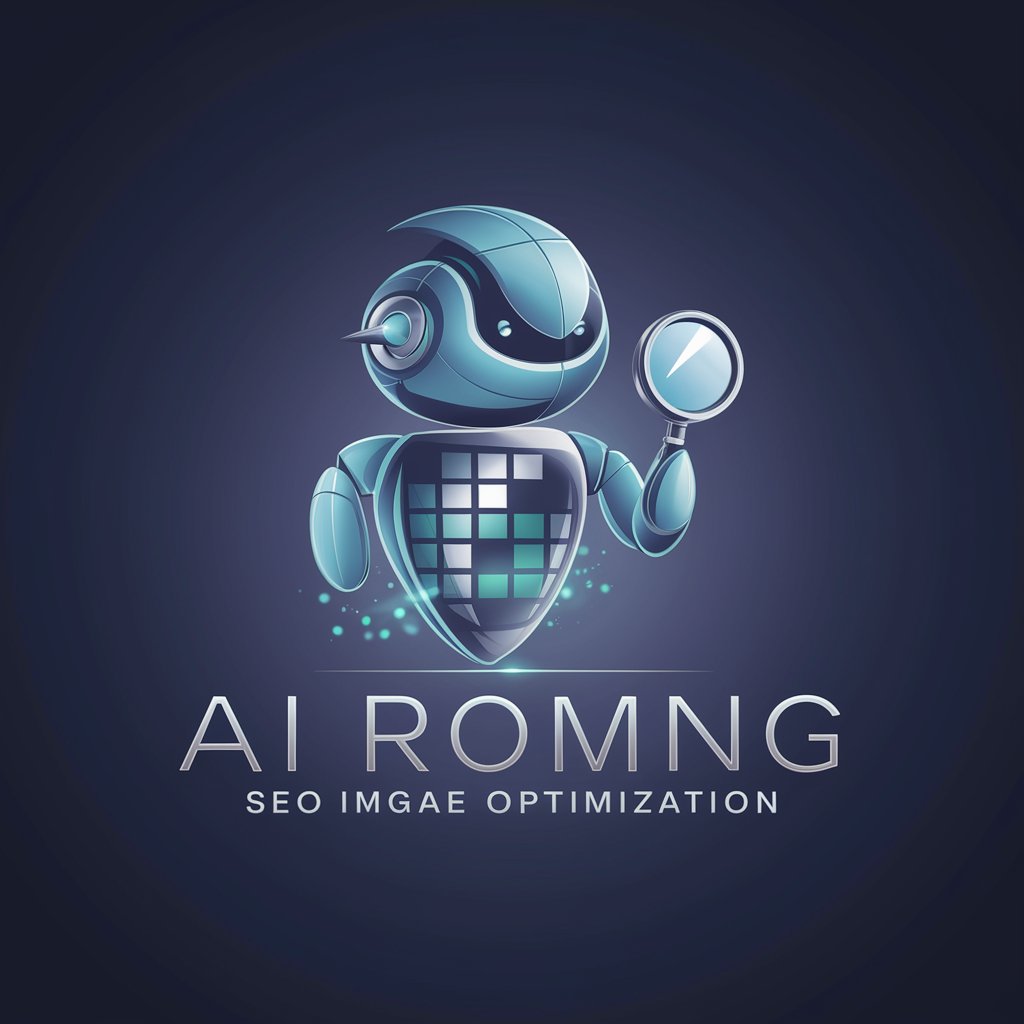
Unity C# games dev
Power Your Game with AI-Driven Code

Benito 1.0
Empowering Cloud Solutions with AI
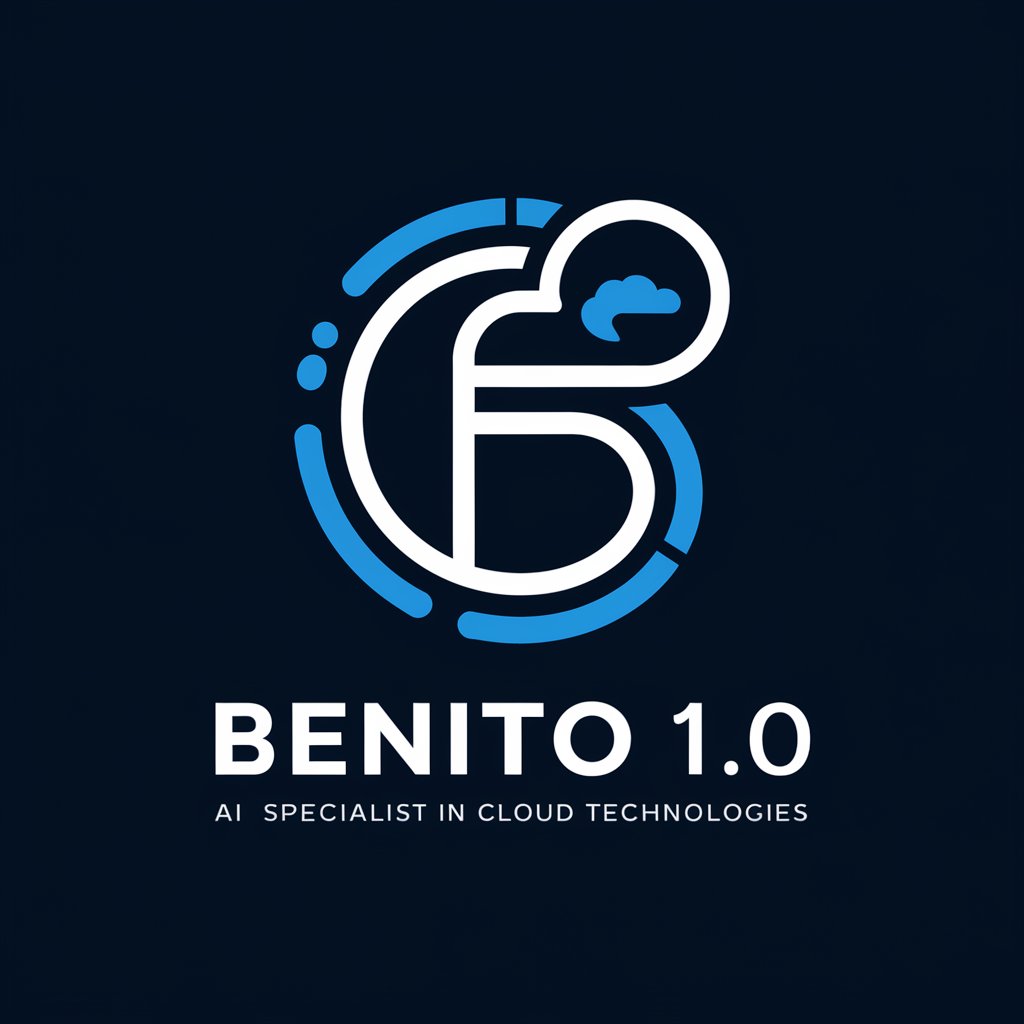
Benito
Your AI-powered technical guide.
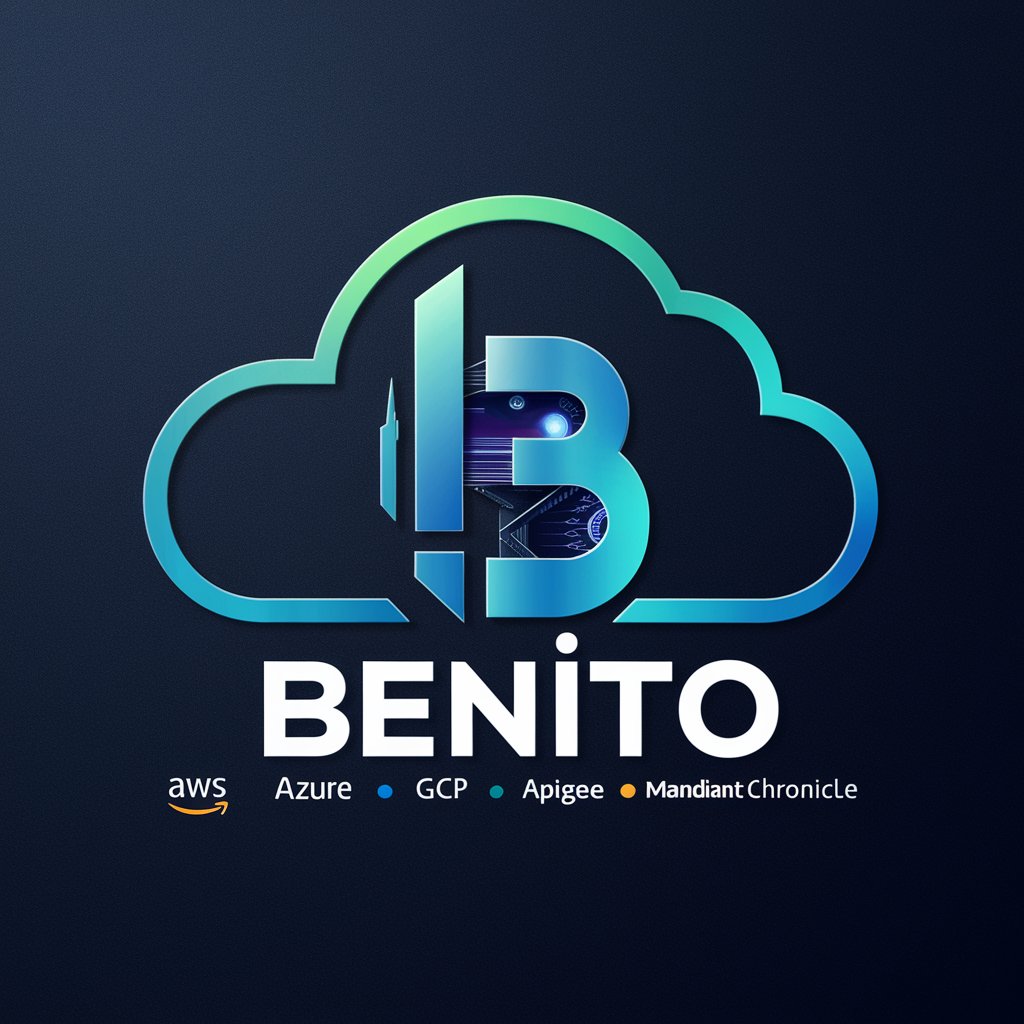
Norwegian translator
Instant AI-powered Norwegian translations

FAQs about Oracle Cloud Infrastructure
What types of databases does OCI support?
OCI supports a range of databases including Oracle Database, MySQL, and NoSQL solutions, among others. It offers managed versions like Autonomous Database that simplify operations.
Can I migrate my existing applications to OCI?
Yes, OCI provides tools and services to help migrate your applications seamlessly. These include Data Transfer Appliances and Oracle Cloud Infrastructure Data Transfer Utility.
How does OCI handle security?
OCI is designed with a security-first architecture. It includes features such as always-on encryption, integrated identity management, and comprehensive compliance programs.
What are the cost advantages of using OCI?
OCI offers competitive pricing, pay-as-you-go models, and performance at scale which reduces costs. Cost benefits are also realized through efficient resource management and automated scaling features.
How does OCI support hybrid cloud setups?
OCI supports hybrid cloud configurations through services like Oracle Cloud at Customer, which allows deployment of Oracle Cloud services directly on-premises, providing the flexibility of the cloud with the control of on-site infrastructure.



